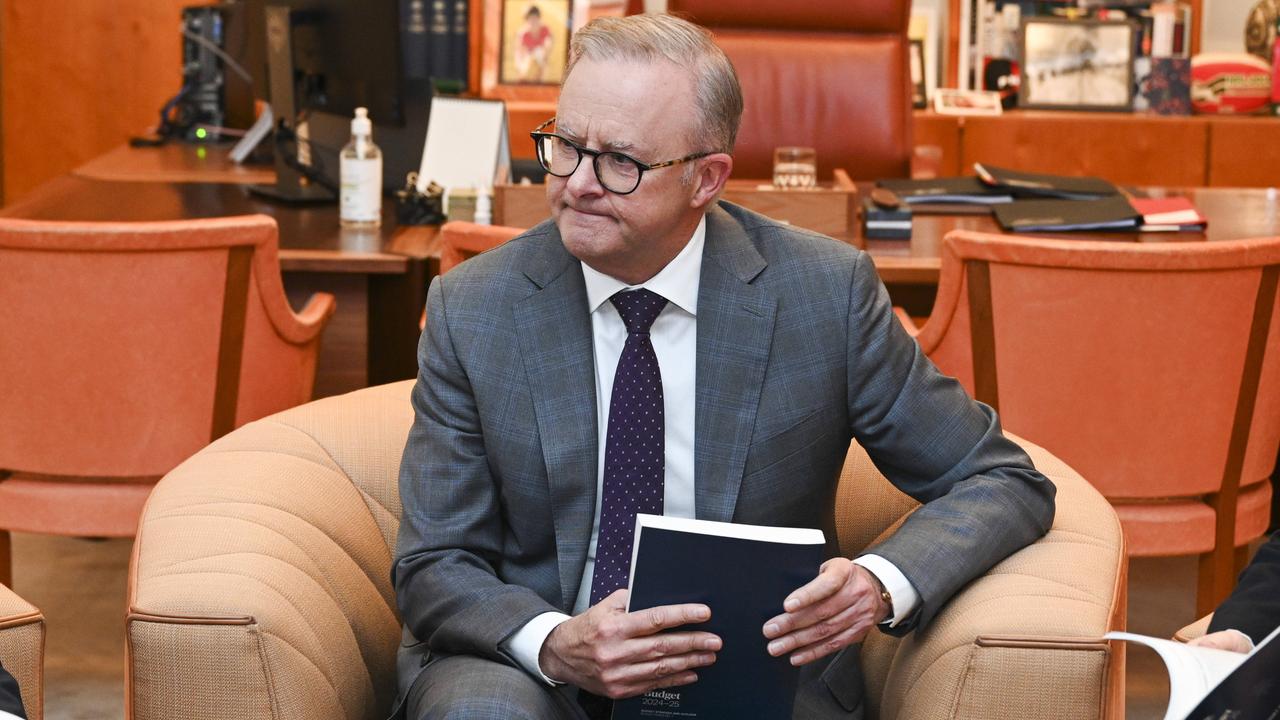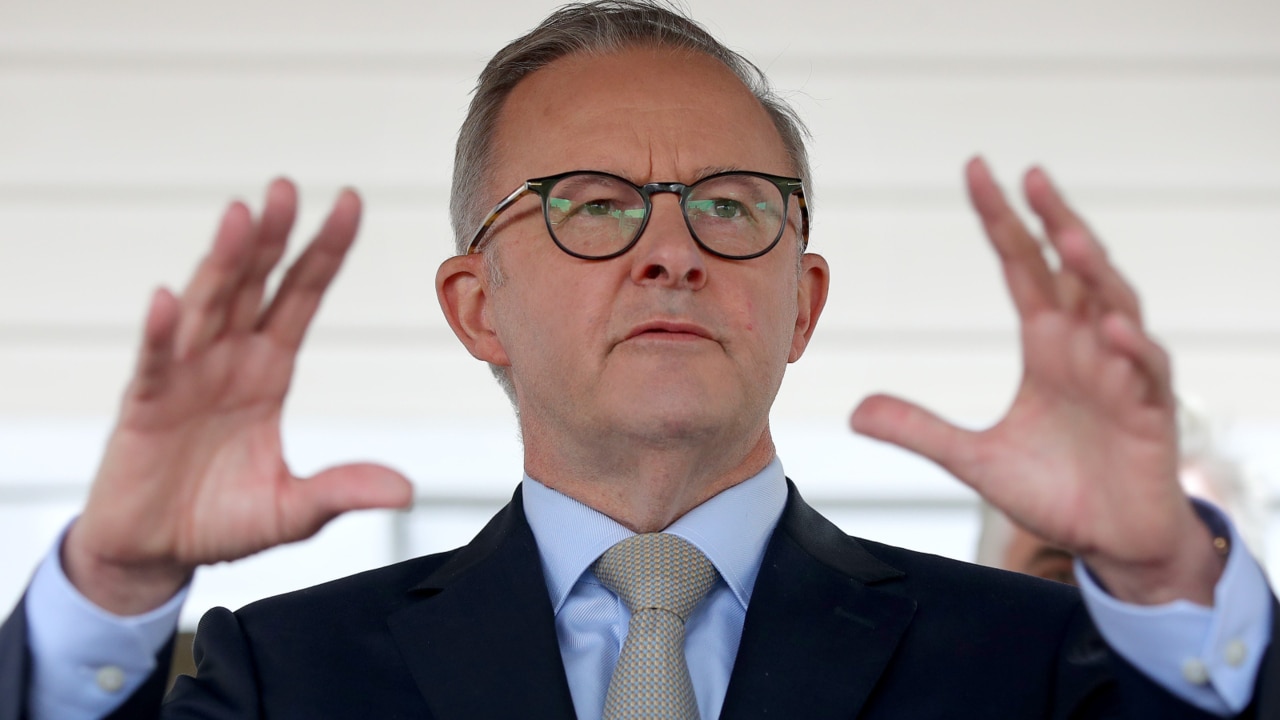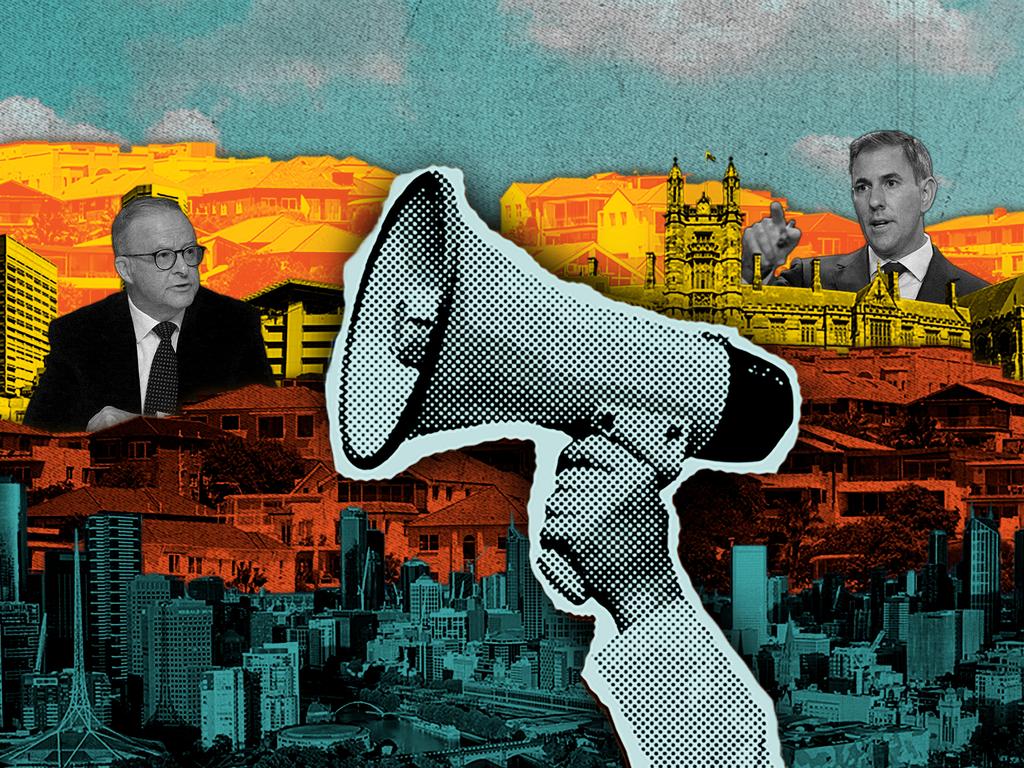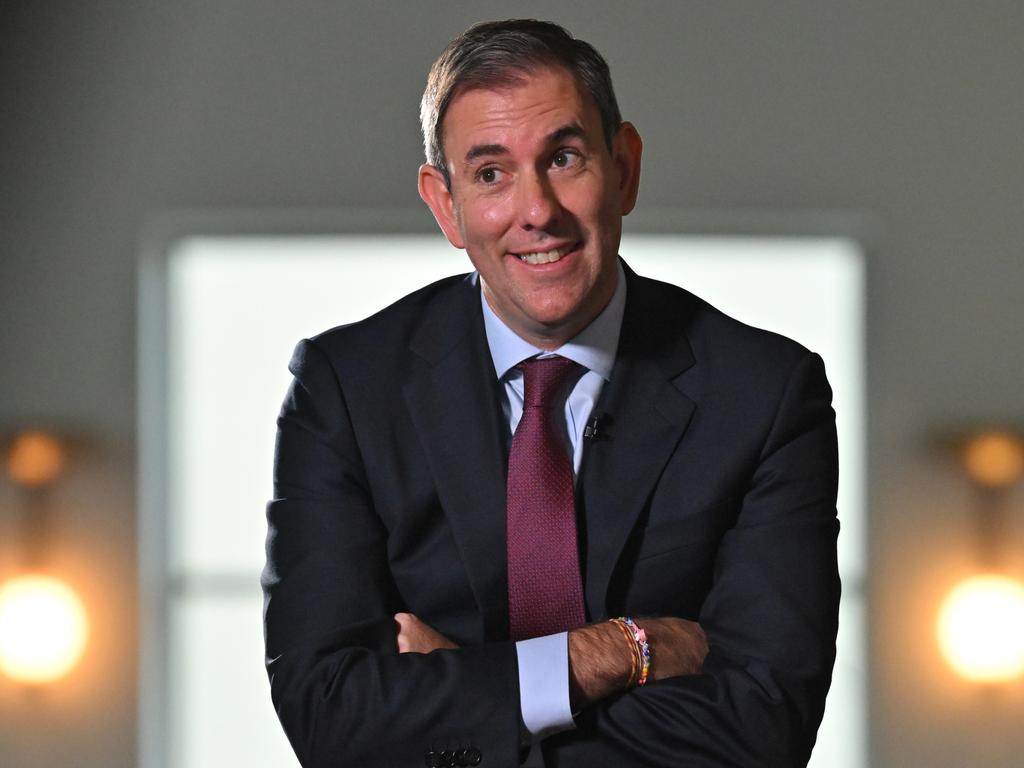Budget 2024: Plenty of noise but meaningful reform appears to be absent


But what sort of Labor Party is he speaking of? It’s certainly not the Hawke era.
All pretence to claims of that legacy were abandoned long ago and then set fire to.
Jim Chalmers will hand down his second surplus, which on face value is an achievement. But as the economy deteriorates – as the budget will also forecast – so does the structural position of the nation’s finances, as the spending trajectory heads north.

Chalmers wants to give the impression that the government is getting out of the way of inflation in the short term, but he is certainly going to make up for it next year and beyond.
The key beneficiaries of a lot of this increased and new spending will be Labor state governments. No surprise there.
Chalmers has no problem with this. The investment, as he calls it, is all about the “new economic orthodoxy”. What this overshadows, however, are some fundamentals that haven’t changed over time.
The budget will pump more spending into health, aged care education, housing, defence – as well as GST top-ups.
So where is the structural reform, outside lofty promises of bringing down NDIS spending?
It’s a good question.
Apart from some tricky accounting, it appears to be absent. Budget repair thanks to income and resources tax revenue can hardly be considered long-term reform.
If there are two constraints that Chalmers should be focused on, they are these: the inflation risk over the course of this year and into next; and the longer-term problem of the structural position of the budget.
The equation is simple: spending pressures are going up, with a budget showing revenues going down.
The problem with Chalmers’ approach seems to be loading up in the out years of the budget as the means to pay for it diminish.
As Chris Richardson often says: “Don’t make permanent promises on the back of temporary good news”. In the meantime, Peter Dutton has moved to inject some economic firepower into his office, signalling his intention to get some serious policy work done before the election.
The Opposition Leader has brought back economist and former Reserve Bank official Andrew Stone – who advised Tony Abbott – as the Coalition’s chief economist.






Anthony Albanese says Australians should be happy with the content of the federal budget because it will be a true Labor budget.